Society Partners
eCM has Society partners: AOCMF, AOTrauma, Biometal, European Orthopaedic Research Society (EORS), Scandinavian Society for Biomaterials (ScSB), Swiss Society for Biomaterials & Regenerative Medicine (SSBRM) and Tissue & Cell Engineering Society (TCES).
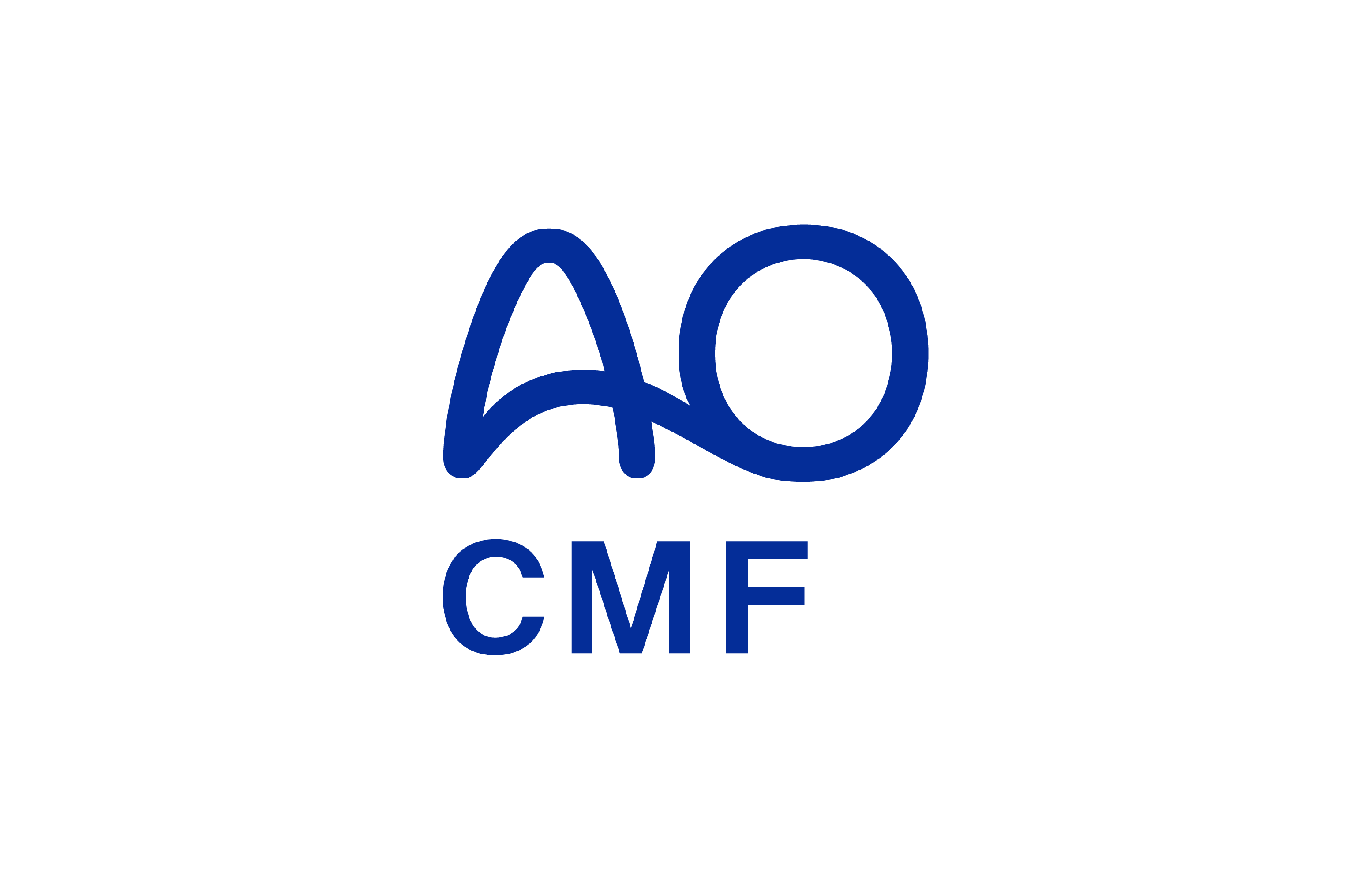 |
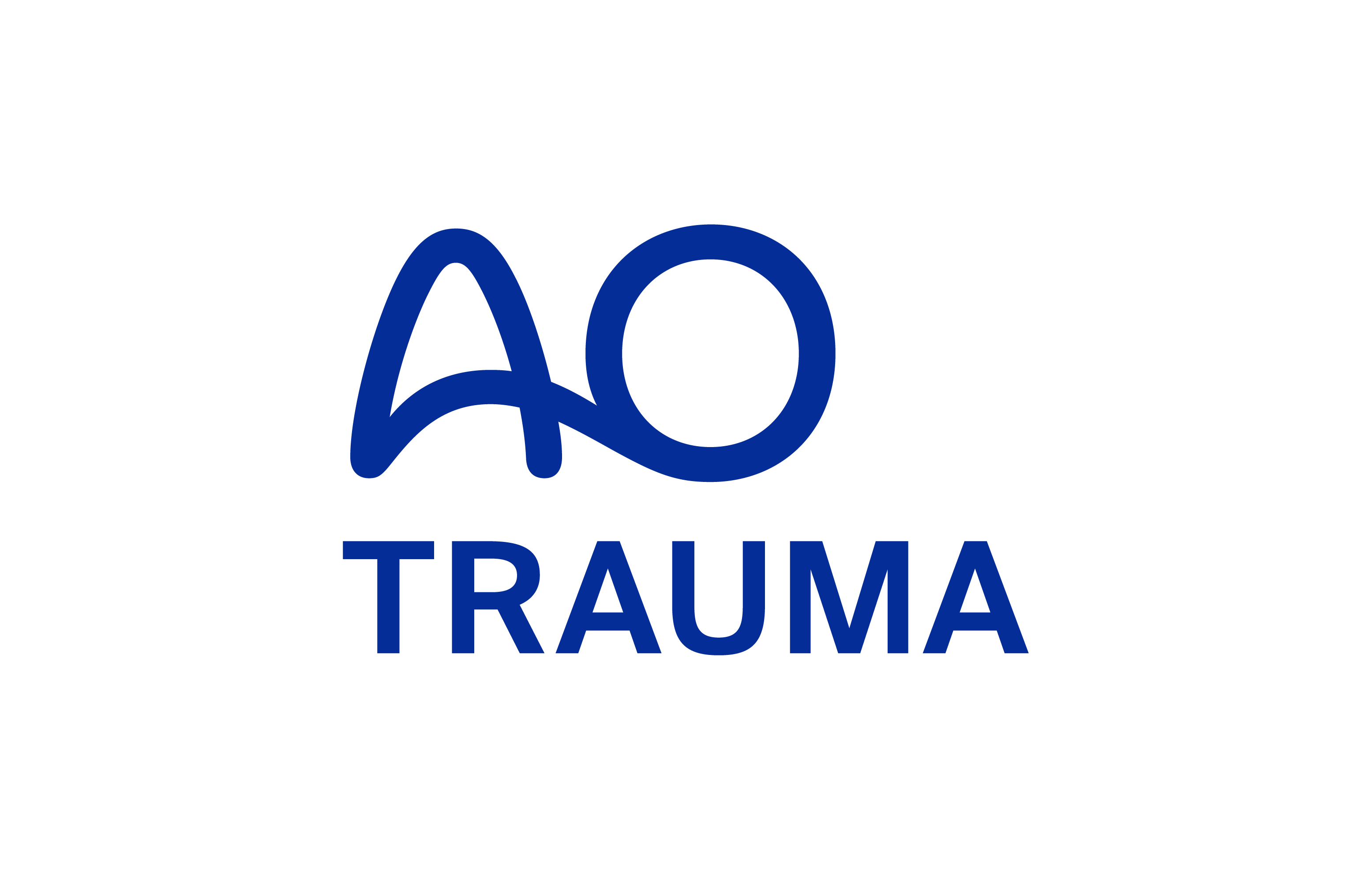 |
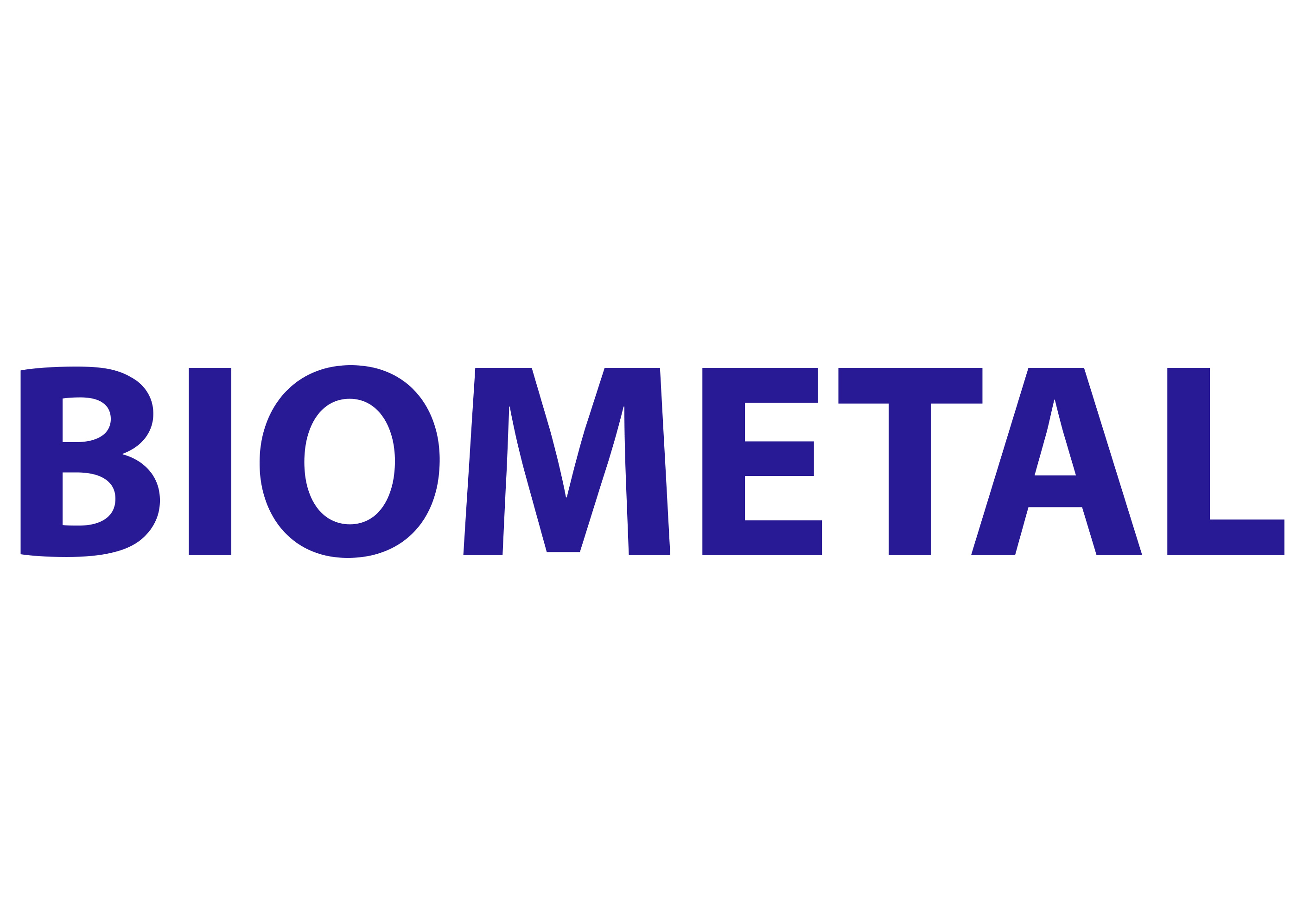 |
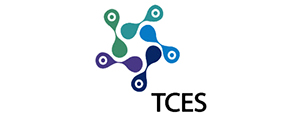 |
 |
 |
AOTrauma is an organization that creates a dynamic environment by fostering self-directed regional and national teams to run their own educational, research, and community development activities—an organization which creates leadership opportunities for senior Trauma surgeons while nurturing opportunities for younger future leaders.
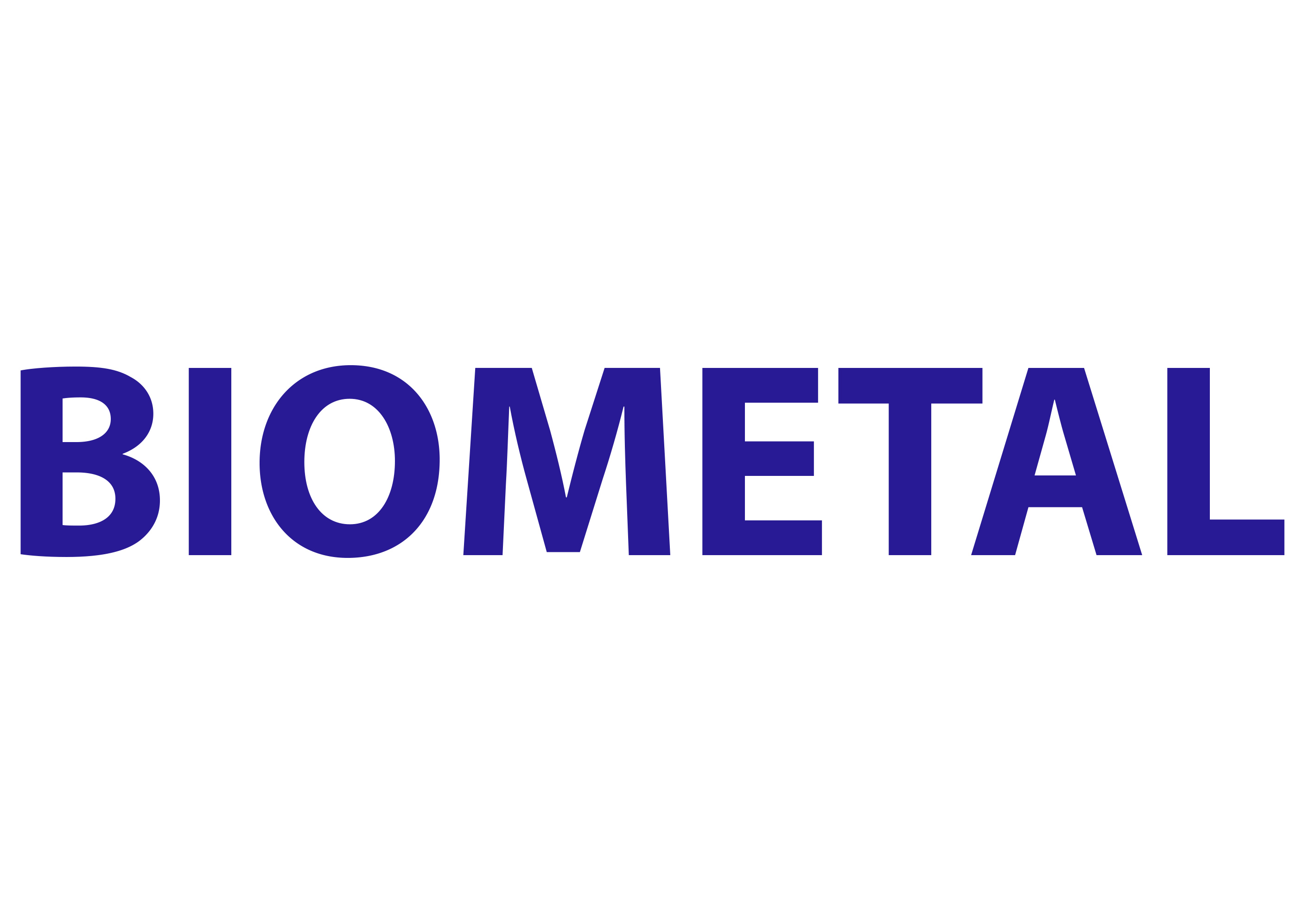 |
Biometal organises a yearly conference entirely devoted to biodegradable metals, all work, studies or research specific to developing metals showing properties for a temporary time in applications related to human health, (medical devices, implants).
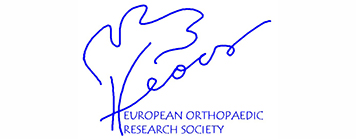 |
The mission of the European Orthopaedic Research Society (EORS) is to promote research and development in orthopaedic surgery and related sciences in Europe through interdisciplinary coordination, exchange of scientific and technical experience, and education. Bone & Joint Research (BJR) will compliment eCM as an official journal of EORS, since it covers several areas that are not within the eCM journal scope. These include biomechanics, pure materials (that do not have the necessary cell or tissue involvement required for eCM publication), clinical papers as well as studies from the device and pharmaceutical industries; all areas falling out of the pre-clinical musculoskeletal scope of eCM.
 |
Scandinavian Society for Biomaterials (ScSB) seeks to aid the dissemination of biomaterials research originating from within the Nordic and Baltic region. It brings together students and researchers from academia and partners from industry across the region, in order to facilitate networking and growth of the field at its intimate annual conference. It also awards conference travel grants to students and grants for collaborative research exchanges within the region. The next ScSB conference will take place in the beautiful coastal setting of Långvik in Kirkkonummi, near Helsinki in Finland, from 12th to 14th April 2019. It will include keynotes by Prof. David Mooney, Prof. Kristi Anseth, Prof. Jonathan Knowles, Prof. Håkan Engqvist, Assoc. Prof. Heli Skottman, Prof. Markus Linder and Prof. Maria-Pau Ginebra. The theme "Biomaterial applications: From study of fundamental cellular behaviours through to regenerative therapies” will explore the diverse applications of biomaterials, both in vitro and in vivo.
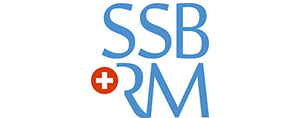 |
The Swiss Society for Biomaterials & Regenerative Medicine is the assembly of people in Switzerland working or interested in the fields of biomaterials and tissue engineering, be it on the industrial or the university level. Our Charter and Bylaws describe the goals of our Society. We welcome everybody interested in the wide fields of biomaterials and tissue engineering to join our Society and participate in our annual meetings in Switzerland.
 |
The Tissue and Cell Engineering Society (TCES), based in the United Kingdom, has the aim of furthering knowledge, research and dissemination of information on Cell and Tissue Engineering. It covers the whole field of cell and tissue engineering from materials and biocompatibility issues by the use of engineered devices used to address cell biological questions to attempts in whole organ fabrication. We welcome everybody interested within the field to join our Society and participate in our meetings in Britain.
